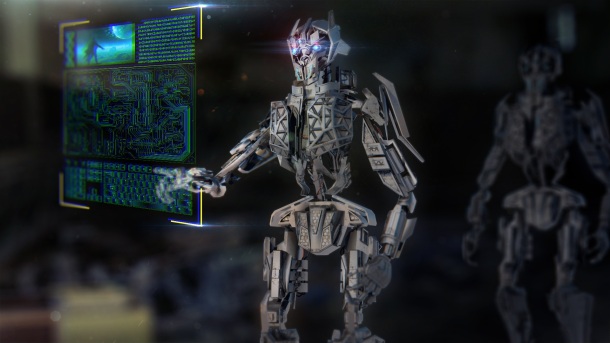The universal basic income experiment in Finland has been completed and preliminary conclusions are now available.
The debate on a generalized subsidy has spread in recent years. Artificial intelligence and robots have been one of its drivers. Personalities from the world of technology, such as Elon Musk, have spoken in his favor. And in some places experiments have been initiated to test its effectiveness.
It was recently known that India launched the largest experiment of its kind by number of people. 600,000 people will participate in a state in the north of the country. However, perhaps the test that attracted the most attention was the one carried out by Finland. The Scandinavian country worked on another scale. 2,000 people were chosen to receive 560 euros per month from the State for two years.
They were chosen among unemployed persons in the country. At the same time, a control group, also of the unemployed, was established to compare their evolution. The result has been that both groups have been virtually equally productive. There have been no major differences between them.
The universal basic income experiment in Finland concludes that the quota received by the selected people did not favor them in seeking or finding work. But it didn’t hurt them either. One of the objectives of the study was to verify if indeed this payment contributed to employing people. This has not been the case, but it has not discouraged them either.
On the contrary, those who received the amount from the Finnish government they had less stress and fewer health problems as well as more ability to concentrate. They also showed more confidence in their own future, and in their ability to influence social issues.
Another of the details that can be seen in the conclusions is that those favored with the income they needed less social care and fell ill less. Something that could have its origin in the lower level of stress of these people.

Social prevention in the face of machine intelligence
Throughout history it has happened on several occasions that machines have displaced people from their jobs. For the future, artificial intelligence is destined to carry out another of these movements. Some estimate that it will be so profound that this type of universal basic income will be needed.
Hence the interest of experiments such as that in Finland, not only as an incentive to seek employment. It was also looked at from the point of view of the livelihood that might be needed when robots copped employment. Artificial intelligence could pose employability problems. And it will be precisely these people whose jobs are threatened by robots who will be the spearhead of universal basic income.
Images: Giuseppe Milo (www.pixael.com), Computerizer









